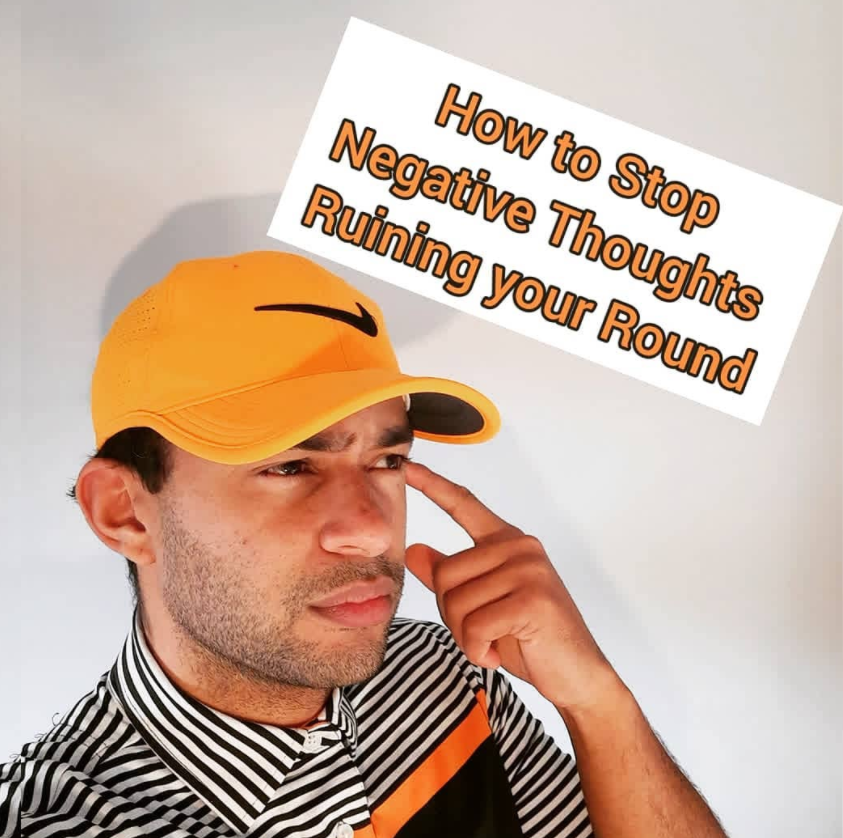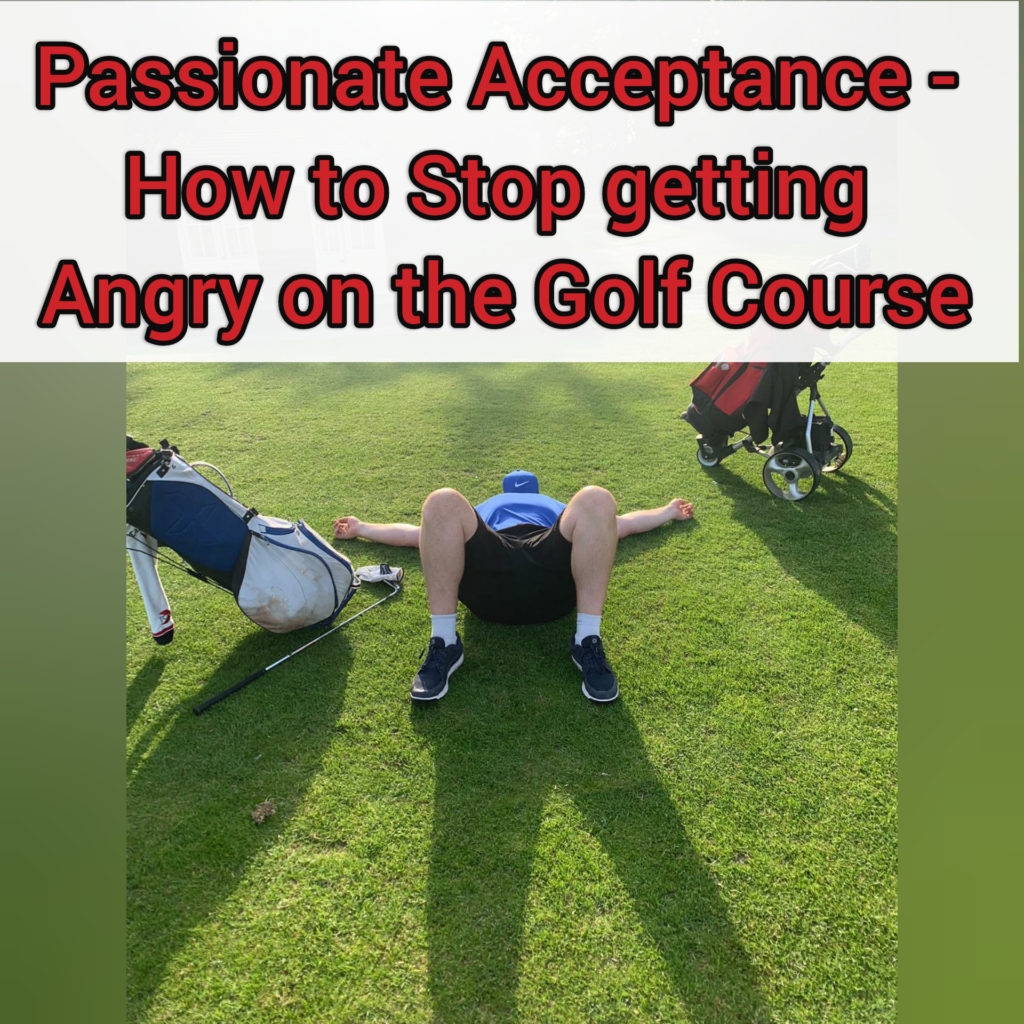Golf contains many things that are outside of our control. In competition, how our opponents are playing is out of our control.
After we’ve swung the club, how the golf ball reacts is out of our control.
Even a perfect shot straight out the middle of the club, that flies how you saw it in your mind can have a terrible bounce that can lead to a terrible result. Really, it’s more like we’ve got influence over the game of golf, rather than control over it.
“Failure”, depending on how you define it, is built into the game of golf. In a professional competition half of the field are going to miss the cut. In any golf competition there’s only one winner.
Regardless of your golfing ability, golf WILL knock you down. Knocking yourself down as well can lead to be a big trouble in terms of playing the best golf you can play on any given day. That being said, bouncing back on the golf course comes from having a BAD memory. More on that in a moment.
Truly bouncing back allows you to make space to learn from any failures and setbacks but dwelling on them will make your scores worse.
When you fail, you’ve got to have an “acceptance first” policy. As a human being, making mistakes are a part of life and they are certainly a part of golf. If you dwell on those mistakes, you’re going to fill your mind with images of bad shots, things that went wrong, bad rounds and bad breaks. That’s going to drive the tension in the body and the freedom in your swing is going to be lost. As result, you’ll be making your scores worse. The practice of acceptance allows you to let that failure or mistake go, and then refill your mind with good shots and things that have gone well.
Getting down on yourself is not going to help.
The more emotion that you attach to the event, the stronger the memory that you will create. If you’re old enough to remember when 9/11 happened, you remember exactly where you were when you first received the news. That’s because of the emotion attached to it reinforces the clarity of the memory.
This technology in the brain works exactly the same when you attach so much emotion to your Golfing failure. You’re literally asking your brain to remember all of the bad shots with the amount of emotion that you attach to them.
The one thing that you CAN control on the golf course is your mindset. I was lucky enough to implement this during my best round on a particular local course.
I was -3 and of course, headed to break 70 on the 16th tee. I hit a pull-hook into the water down the left-hand side and made a double bogey. The next hole, the 17th, is a par five with out of bounds left and forest to the right, dead both sides. If I’d filled myself with tension, got angry at the water shot and the double bogey, there’s no doubt, I would have finished with even worse scores on 17 and 18. However, I practiced what I preach. I let it go. I accepted it and filled my mind with images of good shots from the past, things that made me feel good about my golf game. I finished birdie par. Did I break 70? No. In this wonderful game, things aren’t going to be perfect, but from being 3 under with 3 to play to 1 under with 2 to play I managed to finish 2 under. My mind allowed me to get the best out of the round possible, rather than my mind driving me in the wrong direction to who knows what score.
Practice this idea of having a good attitude regardless. Yes, bad shots are going to happen; yes bad breaks will occur but when you take this “good attitude regardless” approach, you’re going to have a better effect on your score as opposed to filling up with tension and making it all worse.
This does take practice.
I wasn’t always like this. When I was a junior golfer, I was a club thrower and a bag smacker. Then as I started to learn more about psychology it became apparent that that this wasn’t helping my golf game at all.
I’m not saying that simply reading these words means that you’ll be able to go and overcome setbacks straightaway. However, what you CAN do is practice this acceptance approach, and it will allow you to bounce back from setbacks more often.
Want more? Click the button below to access our free Golf Mental Game Training Membership:


